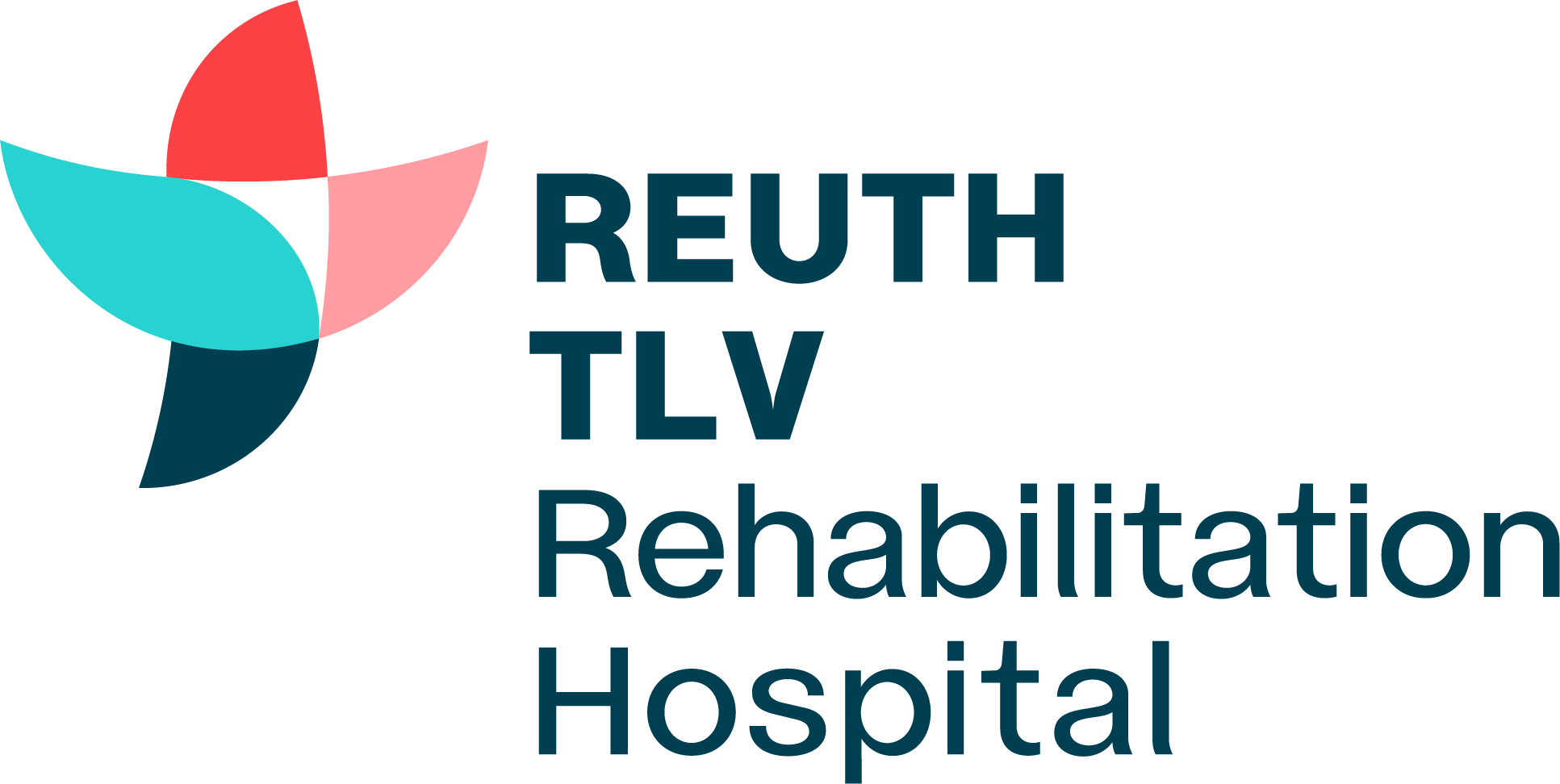When a male patient, SB, aged 68, came to us at the Rehabilitation Geriatric Ward for nutritional treatment he was almost unable to swallow solid food. I attempted to understand the reason for the swallowing disorder and SB told me the story of his last six months and that since they discovered that he had an autoimmune disease that is characterized by hypercoagulation of the blood he had been hospitalized in a general hospital, with a loss of appetite going so far as almost total cessation of eating.
When I referred him to the speech therapist he was weak, having lost 20 kg weight in less than six months, and he really wanted to start eating in order to progress his rehabilitation however could not manage to eat more than one or two bites and they too were of ground food.
Following SB’s story I started to search for information about a different kind of swallowing disorder which is derived from a decrease in muscle mass and strength or the function of a muscle which is not specific to a certain area of the body and therefore when there is a considerable loss of weight it is possible that the swallowing muscles will also be affected.
What is a swallowing disorder due to sarcopenia?
We often witness patients who come for rehabilitation after hospitalization of one week or more (sometimes due to a urinary tract/ respiratory infection) and who are suffering from difficulties in swallowing solids or liquids.
This is a swallowing disorder derived from a decrease in functioning, prolonged reclining, hospitalization and so forth. In professional jargon this swallowing disorder is known as sarcopenic dysphagia or a swallowing disorder due to sarcopenia.
In research sarcopenia is defined as a decrease in muscle mass, a decrease in muscle functioning and strength, whereby for third age patients several days hospitalization is sufficient to cause these types of swallowing disorders.
Sarcopenia caused by becoming older and a sedentary lifestyle is called initial sarcopenia while secondary sarcopenia is related to lack of activity, various diseases and defective nutrition. SB suffered from both and indeed it was clear that his swallowing disorder was caused by general loss of skeletal muscle mass and muscle strength, which also have an effect on the functioning of the head and neck and therefore can also damage the swallowing ability.
Diagnosis of swallowing disorder due to sarcopenia
There are several symptoms that appear in swallowing disorders:
- Choking and aspiration (penetration of food, saliva or stomach acids into the respiratory tracts) due to a decrease in ability to swallow.
- Dehydration and malnutrition due to ineffective swallowing.
- Recurrent pneumonias and recurrent hospitalizations.
- Deterioration of the sarcopenia, additional diseases and mortality, a need for prolonged rehabilitation and difficulties in rehabilitation.
The diagnosis of a swallowing disorder due to sarcopenia includes several tests (such as Dexa and Tugt (Time Up and Go Test)) however when a considerable loss of weight has already been observed within a short time period it can be assumed that there is also a decrease in muscle mass. When observing the individual one can see indentations in the temporal muscles (on the sides of the eyes) and a pronounced clavicle.
Treatment of a swallowing disorder due to sarcopenia
Nutritional treatment for a swallowing disorder due to sarcopenia should be carried out after consultation with a dietician which will be determined pursuant to the nutritional and medical condition of the patient with an appropriate menu, while placing the emphasis on calorie rich foods and proteins and adaptation of the food textures pursuant to the swallowing ability of the patient. If necessary the patient will be referred to a speech therapist to determine the suitable texture of the food and drink. Sometimes, pursuant to the nutritional condition of the patient and his swallowing ability alternative nutrition is required (a feeding tube) to ensure complete nutritional requirements.
There are many researches that study amino acids and Vitamin D supplements in situations of sarcopenia however there is no unequivocal proof as regards their efficacy and the assumption is that adapted eating will aid in improvement of the patient’s condition.
The information presented in this article is general. It does not constitute medical advice or replace consultation with a physician. It should not be regarded as a recommendation or an alternative for medical treatment.
The information presented in the English website is partial. For full info please visit our Hebrew website

 donation
donation 




“Reuth Information Center”, All rights reserved to Reuth rehabilitation hospital. Reuth Information Center is an informational site only. All information on the Website is not a replacement or a substitute for medical, legal, economic, consumer, financial or other advice and any use of the information on the Website is solely the responsibility of the User. Surfing is subject to Terms of Use.